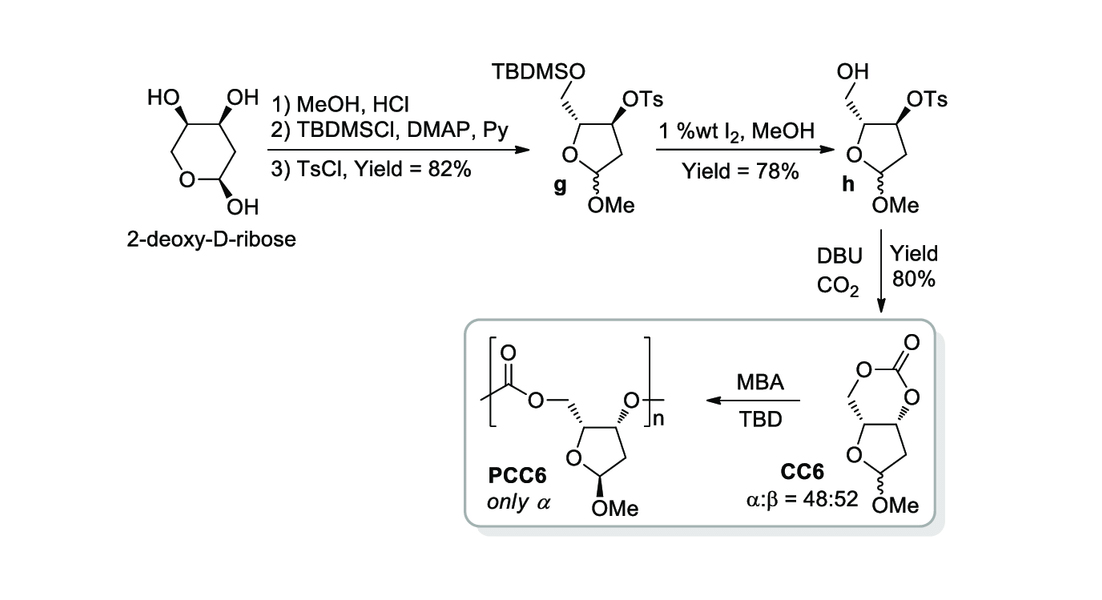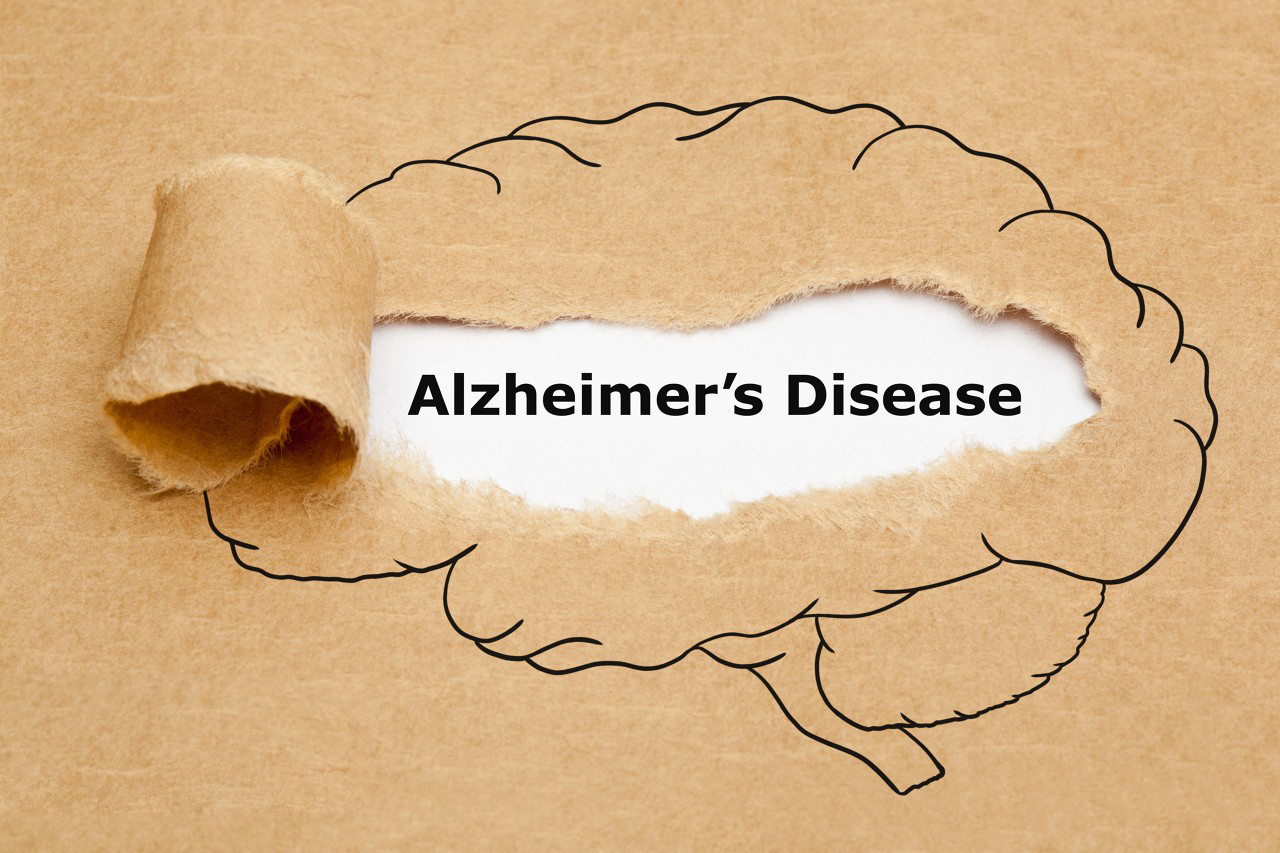2-Deoxy-D-Ribose is a sugar analogue of D-ribose, commonly used in various research contexts, particularly in cellular metabolism and as a potential therapeutic agent. It has garnered attention for its possible uses in cancer treatment, but like any compound, it has both potential benefits and drawbacks. Here’s an overview of its pros and cons:
Pros of 2-Deoxy-D-Ribose:
1.Cancer Treatment Potential:
- Inhibits Glycolysis: 2-Deoxy-D-Ribose can inhibit glycolysis by disrupting the process of glucose metabolism in cancer cells. Since many cancer cells rely on glycolysis for energy production (Warburg effect), 2-Deoxy-D-Ribose may starve these cells, potentially slowing tumor growth.
- Selective Toxicity: It is believed to target rapidly growing cancer cells more effectively than normal cells, which may make it a promising anticancer agent with fewer side effects.
2.Antiviral Properties:
- Some research suggests that 2-Deoxy-D-Ribose may have antiviral effects. It has been explored in the context of treating viral infections, including COVID-19, by inhibiting viral replication.

3.Energy Production and Cellular Function:
- 2-Deoxy-D-Ribose may help in research on energy metabolism and its impact on diseases involving cellular energy dysregulation. It’s particularly useful in studies related to mitochondrial dysfunction and energy production.
4.Radiation Sensitization:
- 2-Deoxy-D-Ribose has been studied as a potential agent to enhance the efficacy of radiation therapy. By inhibiting glycolysis, it may make tumor cells more susceptible to radiation-induced damage.
Cons of 2-Deoxy-D-Ribose:
1.Toxicity to Normal Cells:
- Although more toxic to cancer cells, 2-Deoxy-D-Ribose can also harm normal cells that rely on glycolysis, leading to side effects such as fatigue, muscle weakness, and other symptoms related to energy depletion in healthy tissues.
2.Limited Clinical Evidence:
- While promising in animal models and early clinical trials, the evidence supporting 2-Deoxy-D-Ribose’s effectiveness in human patients, especially in cancer treatment or as a broad antiviral agent, is still limited.
3.Interference with Normal Metabolism:
- 2-Deoxy-D-Ribose can interfere with essential metabolic processes. Since normal cells also rely on glucose for energy, its use may result in unintended metabolic disruptions that could affect overall health.

4.Side Effects:
- In clinical trials, side effects such as nausea, headaches, and gastrointestinal distress have been reported. The long-term effects of 2-Deoxy-D-Ribose are still unclear, and prolonged usage could lead to significant issues.
5.Regulatory Hurdles:
- As a drug, 2-Deoxy-D-Ribose is still in the investigational phase for many applications. It faces significant regulatory hurdles, and its approval for widespread clinical use (outside of limited applications) is uncertain.
Conclusion:
2-Deoxy-D-Ribose has promising potential in treating cancer, enhancing radiation therapy, and possibly treating viral infections, but its use is not without risks. Its impact on normal cellular function and the lack of definitive clinical data mean that it should be used with caution and under careful supervision. More research is needed to understand its full range of effects and therapeutic potential.
